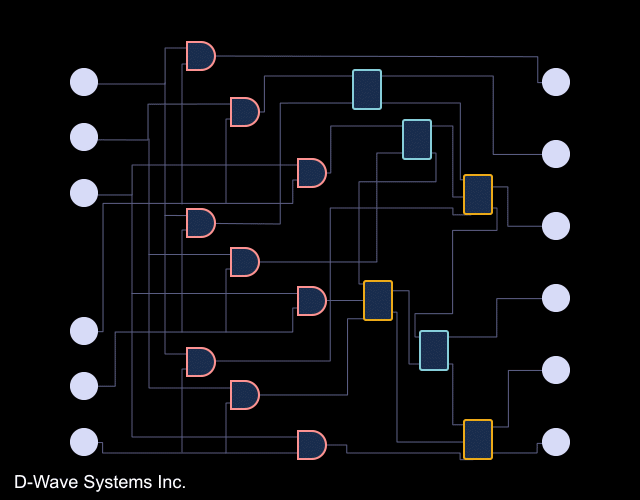 Quantum computing technology is slated to revolutionize our ability to manipulate and analyze data, fundamentally changing the way that countless industries from cybersecurity and telecommunications to pharmaceutical development and transportation logistics will operate in the future. Even the US Senate is getting in on the action. Problem is, that right now quantum computers are still pretty rare and often require a substantial knowledge of quantum physics in order to program and operate. This drastically restricts the user population to large corporations and academic institutions like Google, Intel VW, and Cambridge University. But Canadian quantum computing company D-Wave Systems aims to change that by opening access to its quantum computer farm to the public via a new web portal dubbed the Leap Quantum Application Environment.< /p> Leap is "an environment that will provide any and all developers immediate, free, real time access to a live quantum computer," Alan Baratz, EVP of R&D and Chief Product Officer at D-Wave, told Engadget during a demo in downtown San Francisco. Anybody with an email address, basic Python programming know-how, familiarity with Ocean (open source software suite) and a desire to play around with the future of computing can sign up for the program. Unlike other quantum computing systems, which require researchers to sign up for time to run their experiments weeks or months ahead of time (or in IBM's case, have them run it for you), Leap users will be able to log in and receive immediate access to D-Wave's system. 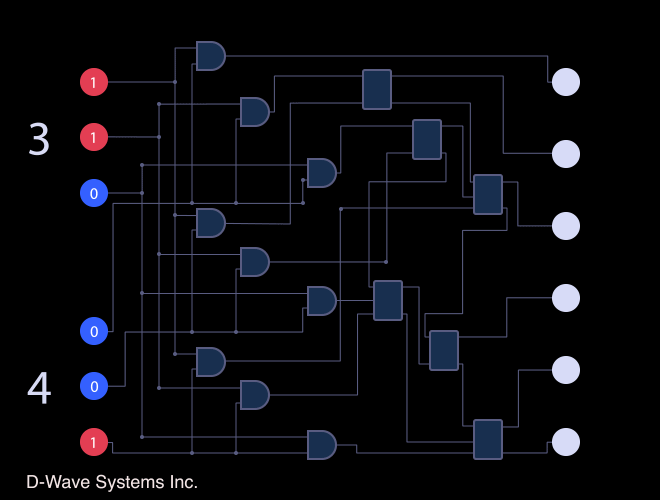
"This is more than just a big front end for the quantum computer," Baratz warned. The Leap portal offers a number of other valuable resources for its users. The Learn section is filled with articles and educational materials for neophyte users as well as demos for factoring and social network analysis operations, as well as quantum materials simulations. The QAE also offers a wide range of developer tools and open source code for users to exploit, as well as a community page where users can seek or offer assistance to one another and an extensive help section. "Everything we do in the tools arena is open source because we want developers helping us to enhance and evolve and improve the tools in addition to the work that we continue to do," Baratz explained. 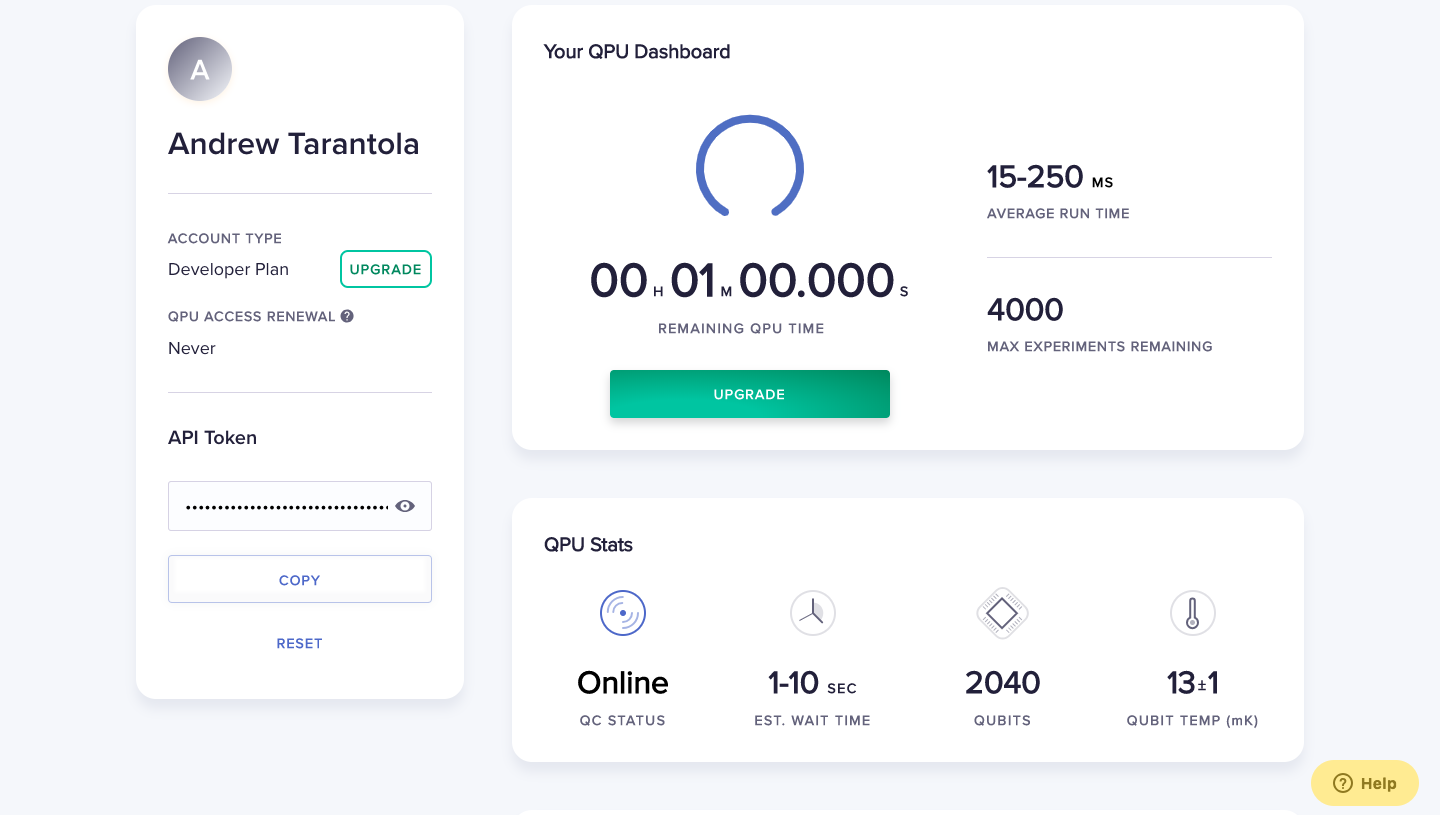
"It's not just access, it's the learning and teaching tools and then it's the community and help," Jennifer Houston, SVP of Marketing at D-Wave, told Engadget. "I think if it was just access, it probably wouldn't be enough. But when you add all those things together, you start actually getting this robust environment for quantum applications." While users will be able to leverage the quantum computer system to virtually any application they can imagine (and program for), the Leap portal does have limitations. For example, every user gets just one minute a month of access time. Don't freak, given that even the most computationally intensive QC programs typically take between 15 - 250 milliseconds, that minute will get you between 200 and 4,000 runs per month on a D-Wave 2000Q quantum computer. If you need more time than that, you can upgrade to a paid subscription. The company offers varying options for commercial, government and academic clients. "This is a very practical approach to quantum computing," Baratz assured Engadget. 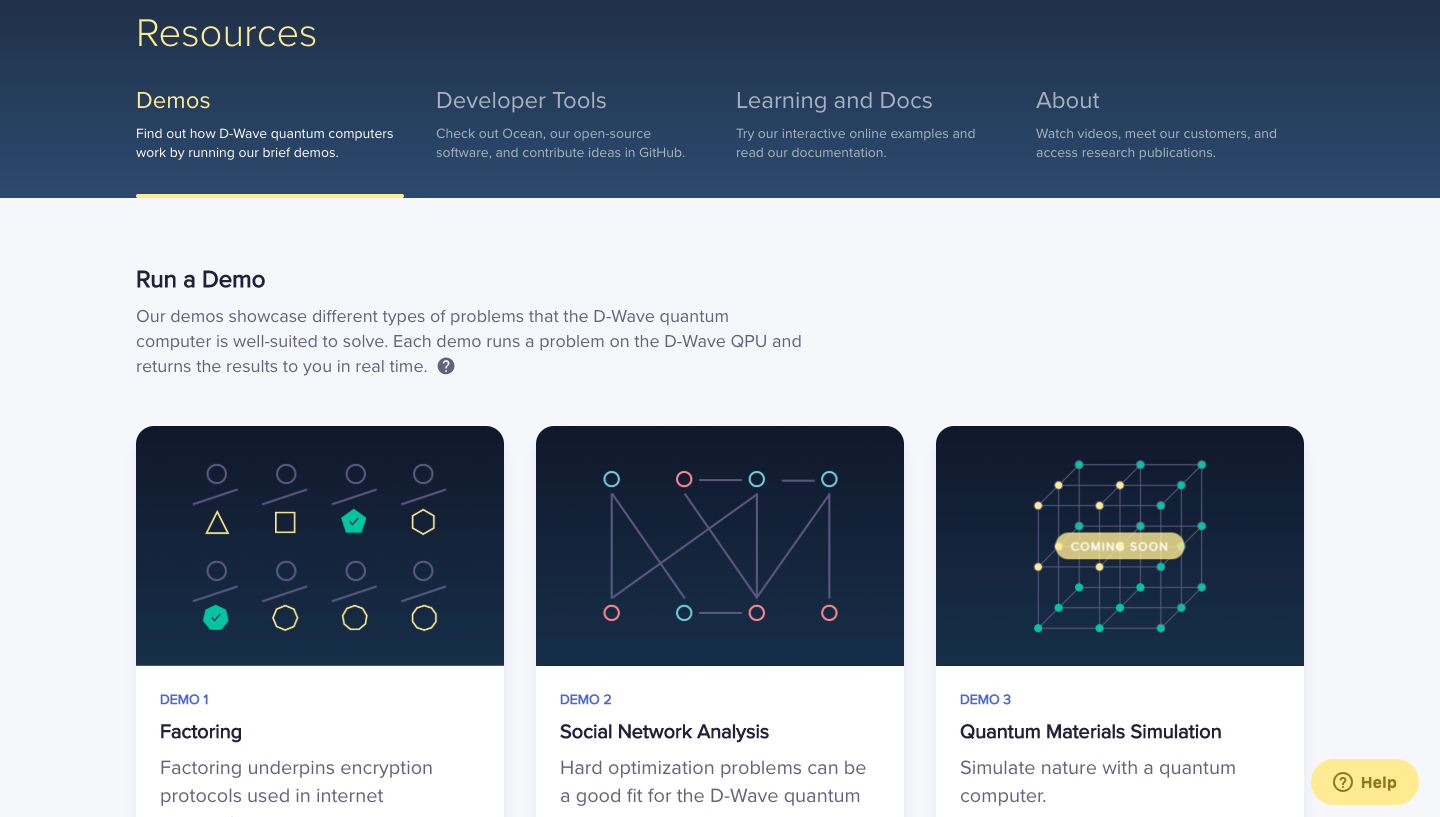
A number of companies are already taking advantage of Leap. "We were at a user conference last week," Houston said. "Before that we had about 80 early applications where the Lamels, and the Oakridges, and the Googles and the NASAs were doing things." That figure jumped to more than 100 programs by the end of the conference ranging from quantum chemical applications to "a company in Japan called Recruit that is using it to optimize hotel ads." She expects the number of applications to skyrocket now that the system is open to the general public. Up until this point, Baratz explained, researchers working on QC systems tended to be generalists, without significant knowledge of specific industries or uses for the machines. Essentially, these researchers were "trying to figure out how to program quantum systems to solve problems that they don't fully understand." 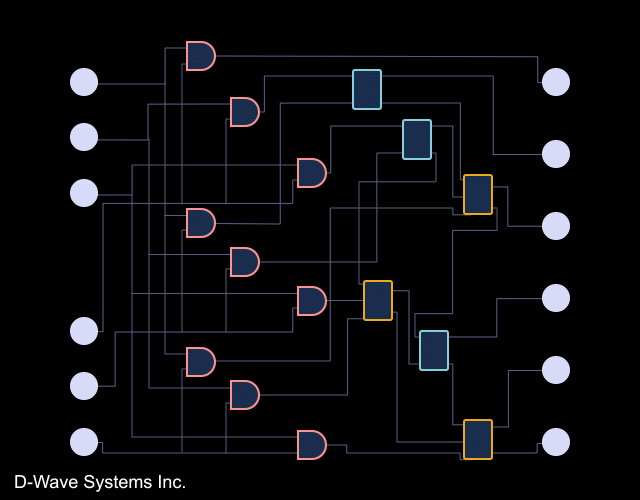
"What we're now doing, is making the quantum system available to all the developers who understand the applications that are important and of value to them," Baratz continued, "and can leverage that understanding back into the quantum system. We are not more than two years away from seeing very high value applications on this."
via Engadget RSS Feed https://ift.tt/2O6tPkc |
Comments
Post a Comment